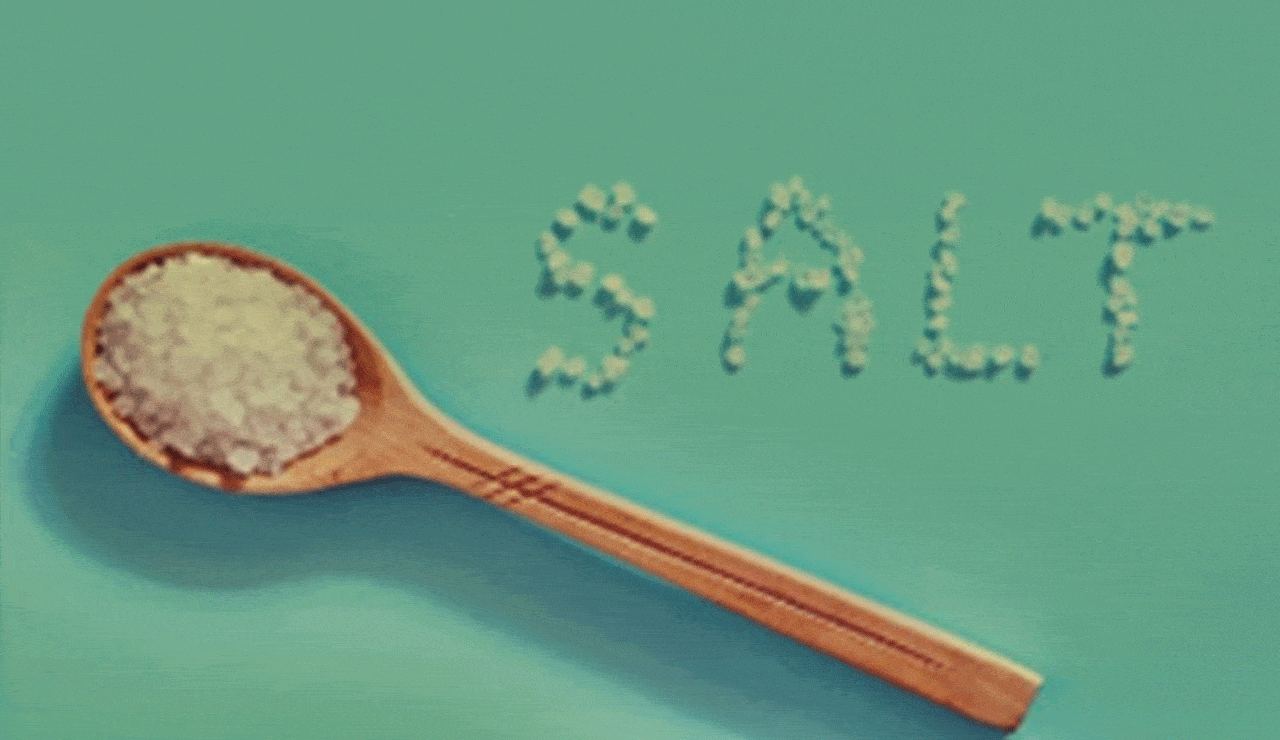Reducing Salt Intake: A Cost-Effective Strategy to Improve Health, Say Experts
Experts have highlighted that reducing salt intake is one of the most cost-effective ways to improve public health, especially as salt consumption in India continues to exceed safe limits.

New Delhi: Experts have highlighted that reducing salt intake is one of the most cost-effective ways to improve public health, especially as salt consumption in India continues to exceed safe limits. This is contributing to the rising burden of non-communicable diseases (NCDs) in the country.
Table of Contents
During “The Salt Fight 2025: Say NO to Na” workshop organized by the Delhi Medical Association (DMA) and other organizations, doctors and public health leaders emphasized the need for stronger campaigns, food reformulation, and consumer education to address India’s growing salt crisis.
The Role of Physicians in Curbing Excess Salt Consumption
Dr. Vinod Kumar Paul, Member of NITI Aayog, stated that addressing modifiable risk factors like excessive salt intake is essential in reducing the country’s NCD burden, which accounts for nearly 65% of all deaths. He emphasized the cost-effectiveness of reducing salt intake, calling it “one of the most effective strategies” available.
“Reducing salt intake may seem simple, but it is among the most cost-effective strategies available. It is not enough to know the risks — we must focus on what works,” Dr. Paul said. He stressed the importance of practical, evidence-based campaigns to scale this change.
The Impact of Reducing Salt Intake
Citing global research, Dr. Paul noted that cutting salt intake by 30% could reduce the prevalence of hypertension by at least 25%. This could significantly help in preventing non-communicable diseases such as heart attacks, strokes, and kidney disease.
Health data reveals that the average salt consumption in India is nearly 11 grams per day, far above the World Health Organization (WHO)-recommended limit of 5 grams. A large portion of this excess salt is consumed unknowingly through processed foods, restaurant meals, and packaged snacks.
Physicians’ Role in Promoting Salt Reduction
Dr. Girish Tyagi, President of the Delhi Medical Association, emphasized that physicians have a key role in making salt reduction a part of routine clinical practice. He stated that reducing salt intake should be an essential aspect of health advice during patient consultations.
“Salt reduction should not be a footnote during patient consultations. It must be central to our health advice, encouraging low-sodium options and raising awareness about hidden sources of salt,” Dr. Tyagi said.
Addressing Broader Lifestyle Issues Linked to Excess Salt
Dr. Atul Goel, Director General of Health Services, New Delhi, linked excess salt consumption to broader issues in modern lifestyles. He pointed out that processed foods, refined oils, and high salt content in everyday meals are slowly harming people’s health.
“Even medicines and injectable products may contain sodium. Reducing salt by just 2 grams a day can protect millions,” Dr. Goel said.
Experts Discuss Solutions to Curb Salt Consumption
The experts discussed several strategies to reduce salt intake, including food industry reformulations, mandatory front-of-pack salt labeling, and taxation on high-salt foods. They also emphasized the need to promote low-salt recipes that maintain taste without compromising health.
The experts called for a collective effort from physicians, policymakers, and the food industry to create a low-salt culture across India, in order to tackle the rising tide of preventable diseases.

